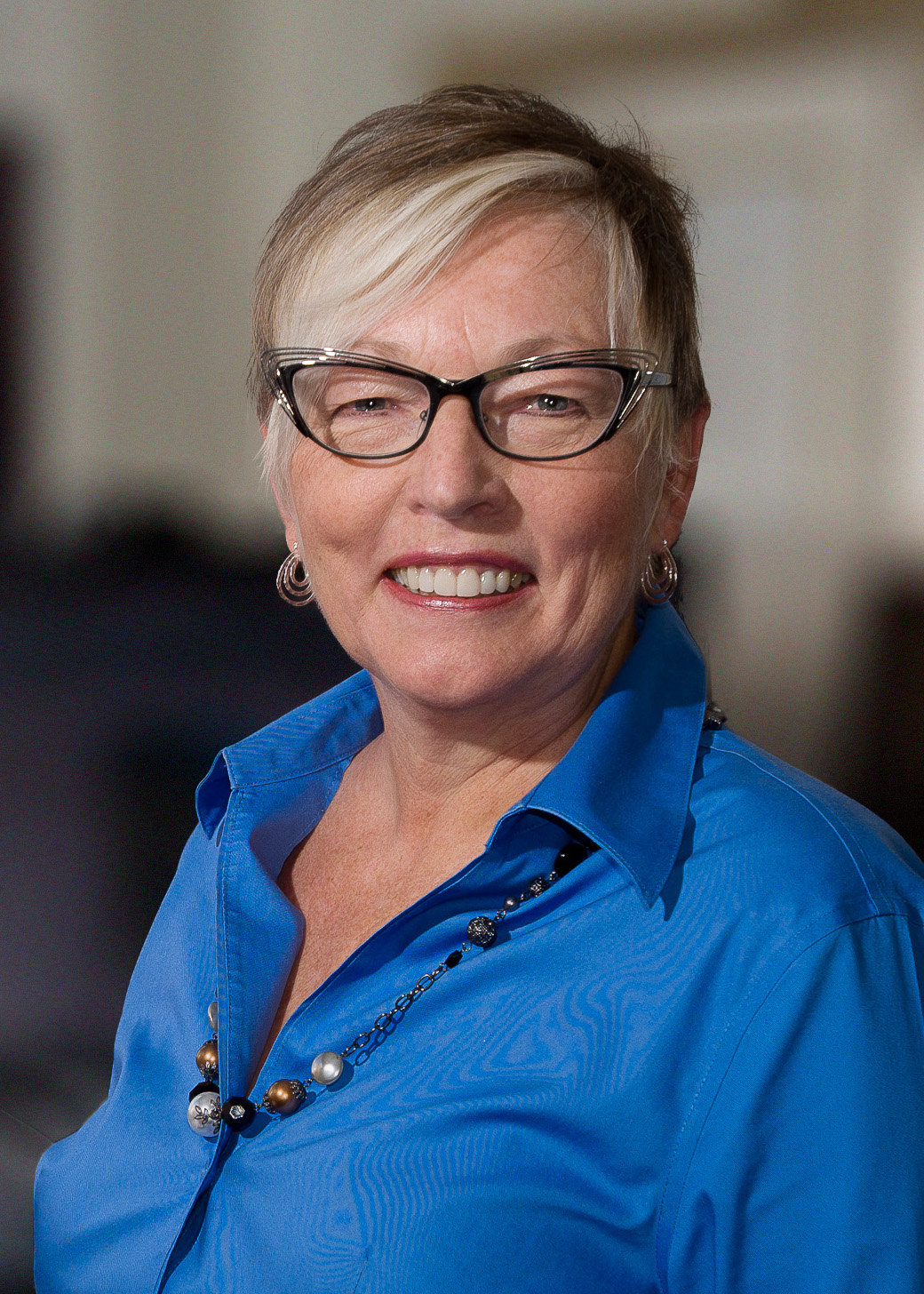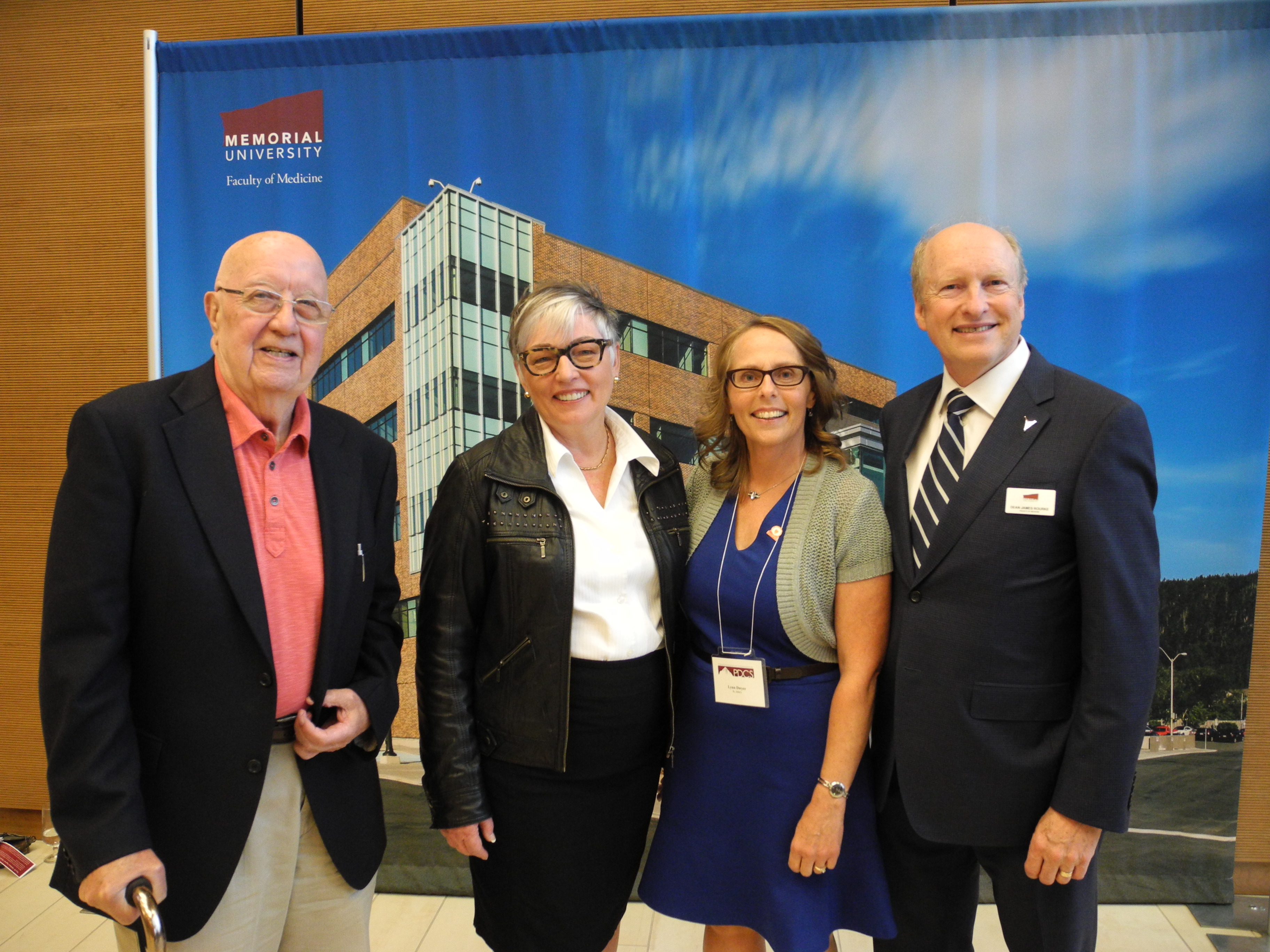Research on student writing wins 2015 Dr. Wallace Ingram award
By Elizabeth Furey |
Aug. 17, 2015
An associate professor of social science and health at the Faculty of Medicine has won the 2015 Dr. Wallace Ing ram Award.
ram Award.
A member of the faculty since 2003, Dr. Diana L. Gustafson’s winning research project is titled You Are What You Write: Facilitating Student Success Through Improved Writing Competency. Dr. Gustafson accepted her award during the Faculty of Medicine reunion weekend on July 31.
With the help of the $10,000 funding, Dr. Gustafson intends to address the questions of why some students struggle with conveying their ideas in ways that are appropriate for the medical and health sciences and how this problem can be addressed and student success promoted.
“The findings of this project will inform a funding proposal to develop and evaluate an innovative pilot project,” said Dr. Gustafson. “The project will be in collaboration with students and faculty members to set and meet achievable goals for scholarly writing competence and programmatic success.”
The Dr. Wallace Ingram Award is a faculty award that was established in 2004 by the Medical Graduates’ Society to honour Dr. Wallace Ingram, professor emeritus, internal medicine, for his outstanding contributions to medical education throughout his career. Funded entirely through the Medical Graduates’ Society Annual Reunion Class Giving program, the award focuses on the support of medical education research and scholarly activity.
Over the years, Dr. Gustafson has observed that remarkably few students are prepared for the rigour of academic writing, an observation that is echoed by her colleagues.
“Scholarly writing is a skill like any other that must be learned and continually developed,” she said. “To be successful in medical school and graduate programs, students must achieve a higher standard of writing competence. Studies show an established link bet ween writing competency and degree/ program completion rates.”
ween writing competency and degree/ program completion rates.”
 ween writing competency and degree/ program completion rates.”
ween writing competency and degree/ program completion rates.” Dr. Gustafson has seen the difficulties students face first hand.
“Our ability to communicate in writing is essential as decision-makers, policy-makers and physicians and I have seen very bright, talented students who have difficulty communicating their ideas in ways that reflect what they really know.”
An example she gives is a student coming from a background where a different style of writing is used, such as chemistry or math, who may have challenges writing a book review or an article.
“I am looking to find out what students need and want to know, what faculty are currently doing, what resources are currently out there, and how we can fill in the gaps.”